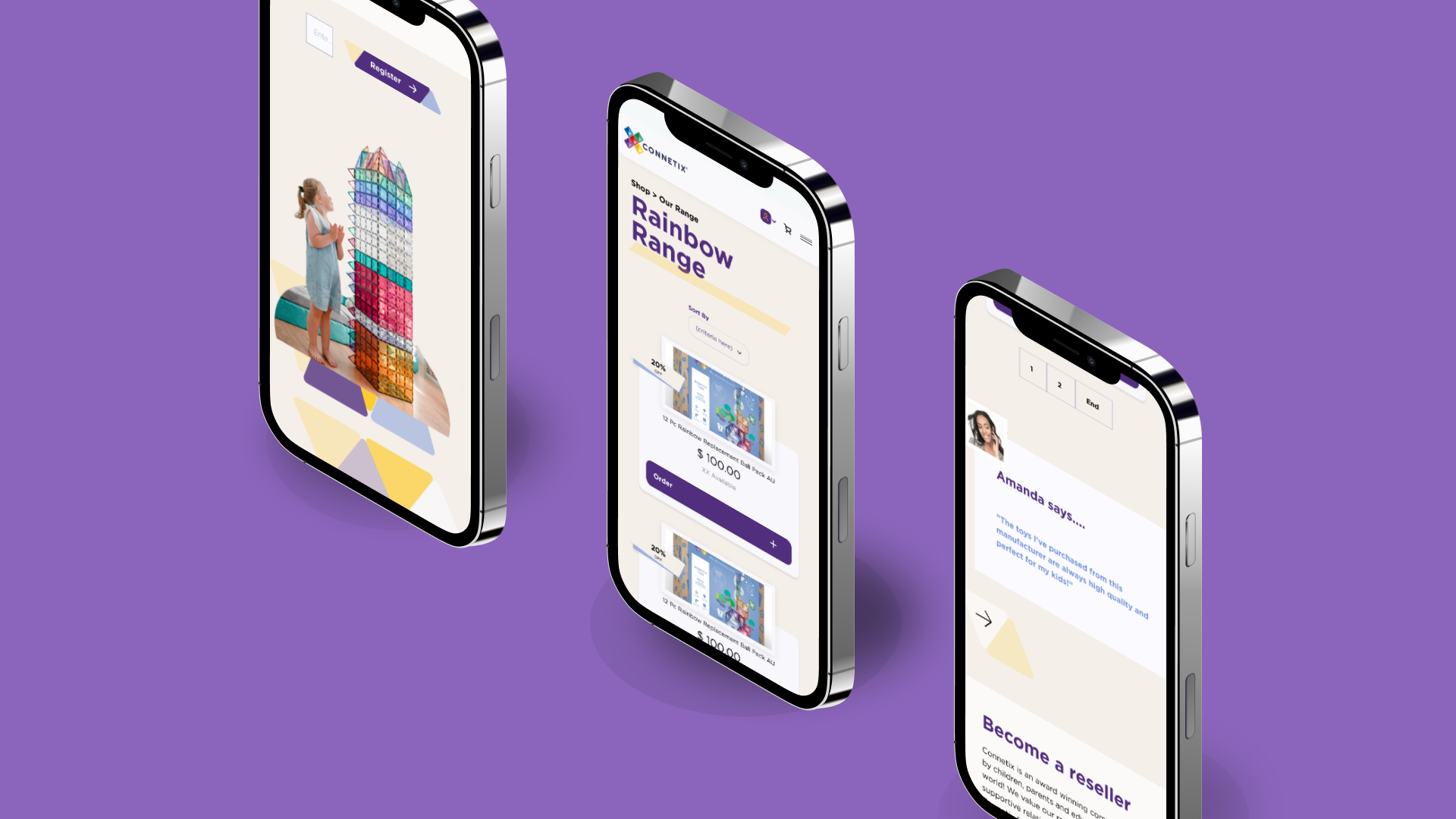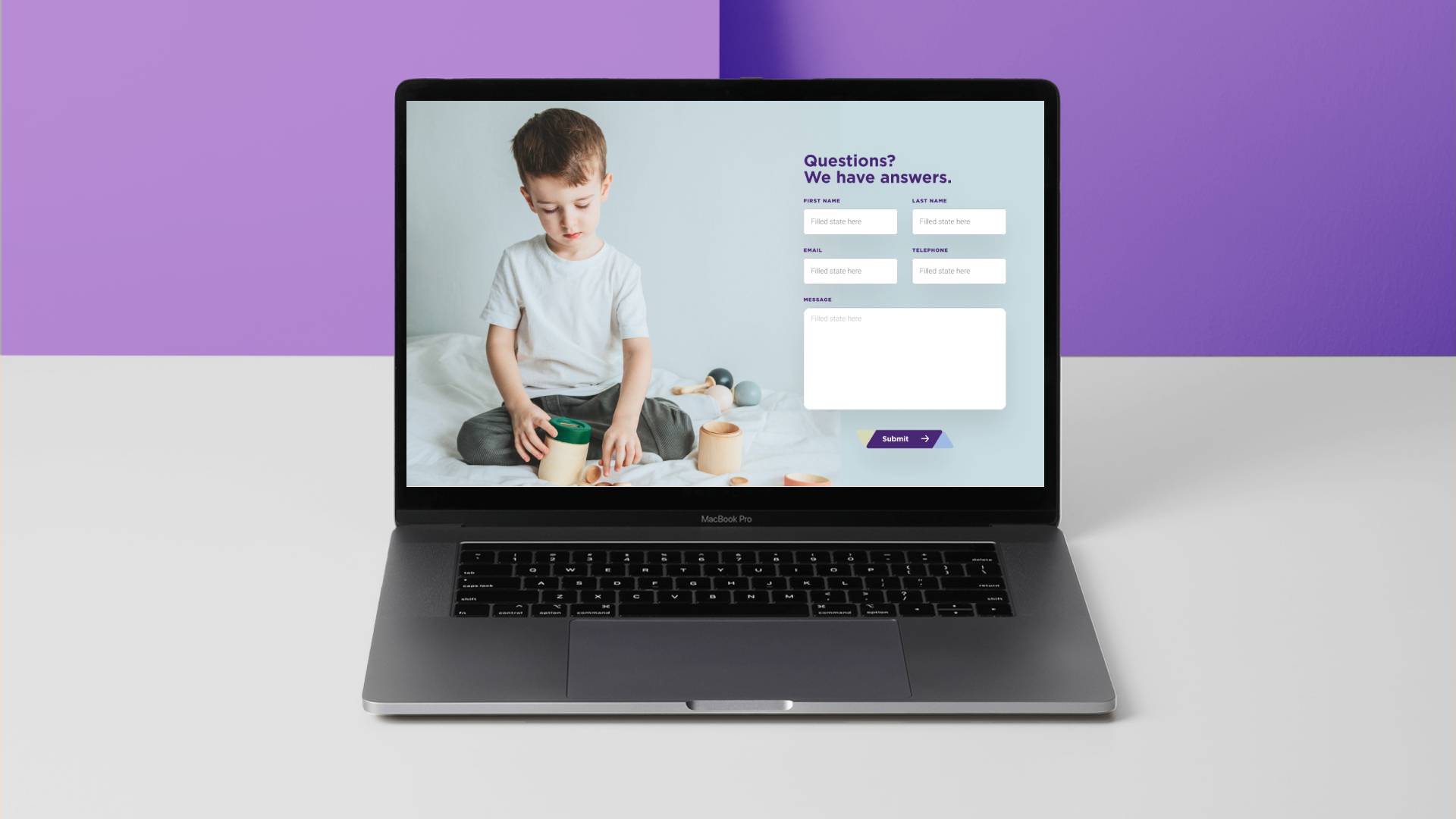Odoo Software Development Services Perth

Custom Odoo solutions
Looking for an Odoo development company in Australia?
Dapth can help, working with you to improve with your day-to-day operations, data management and financial records, using Odoo – an Enterprise Resource Planning (ERP) software that can save countless hours and create new digital efficiencies.
We love Odoo! Talk to your local team of experts who can build and update your Odoo software, accelerate growth and protect your operational data.
_web.webp)
Odoo, an open-source ERP software framework, is used by small, medium and large enterprises.
It offers a solid framework that relies less on ‘ad hoc customisation’ and more on a tailored approach to get the most out of the platform. It is also backed up with a small number (14,000) of third-party apps/plugins which accelerate your operational processes without extensive development lead times.
Written in Python (developer code language, not a snake), Odoo can successfully manage critical business operations to increase productivity, enhance sales, and automate processes.
With Odoo’s CRM (Customer Relationship Management) companies can streamline their business processes, improve data management, and boost productivity. The software offers a range of customisable features, including a flexible reporting system, automated workflows, and a web-based interface that can be accessed from any device.
Why Odoo?
What are the benefits of using Odoo?
Odoo has a unique value proposition. It classes itself as different and better – “top notch usability that scales across all apps.” They have established themselves as a leader. With proven improvements, regular software releases, to customer testimonials that speak for themselves, Odoo has a large, loyal customer base at 7 million users and counting.
As an Odoo implementation company, we recommend Odoo as a good base technology for addressing pain points within an organsiaiton. For example, Odoo is a great solution when various application or processes don’t talk to each other, or for scaling up operations bring attached to extortionate software costs - typically seen with other ERPs on the market. Before moving to an ERP solution like Odoo, many smaller businesses have the challenge of a wide range of basic tools and manual processes they use to manage operations.
These basic tools and manual processes can be time-consuming, prone to errors, and limited in terms of their capabilities. An ERP solution like Odoo can provide businesses with a more efficient and effective way to manage their operations by automating workflows and providing a single platform to manage all aspects of the business.
Spreadsheets
Many businesses rely on spreadsheets - such as Microsoft Excel, to manage their finances, track sales and customer data, and manage inventory.
Email and manual communication
Businesses may use email and other manual communication methods to manage customer relationships and sales activities.
Physical paper records
Some businesses may still use physical paper records to track finances, customer data, and inventory.
Basic accounting software
Accounting software, such as QuickBooks, are commonly used in the infant stage to manage finances.
Point-of-sale (POS) systems
Retail businesses may use POS systems to manage sales transactions, but may still use manual processes to manage other operations.

Tailored Odoo Solutions
Choosing an ERP to remove manual processes
Taking spreadsheets and notebooks to the next level isn’t complicated – you just need to partner with the right team who can lead change, whilst helping you maintain business as usual.
Taking up any new digital solution needs careful attention. A few wrong moves and you could waste hours or lose valuable data. But a few steps in the right direction creates efficiencies, removes errors and supports future growth. We suggest the use of Odoo for small to medium sized clients who are positioned to take advantage of the tool immediately - and would soon deem it an essential tool!
Odoo is great because:
Modular Design
Odoo offers a wide range of business applications that can be used as standalone modules or combined to form a comprehensive solution. This modular design allows businesses to select only the apps they need and tailor their solutions to their specific needs and requirements. As business needs and priorities grow, the applications can to reflect this.
User-friendly Interface
Odoo has a user-friendly interface that is easy to navigate and use, making it accessible to users of all skill levels. This increases productivity by reducing the time and effort required to complete tasks.
Integration Capabilities
Odoo integrates seamlessly with other web-based tools and systems, such as e-commerce platforms and accounting systems, providing businesses with a complete, integrated solution that streamlines operations.
Customisability
Odoo is highly customisable - allowing businesses to configure the software to meet their specific needs and requirements. This includes the ability to create custom reports, automate workflows, and integrate with other systems.
Scalability
Odoo can be scaled to meet the needs of businesses of any size, making it a good choice for companies that are looking to grow and expand.
Cost-effectiveness
Odoo is an open-source software solution, making it an affordable option for businesses of all sizes. The software's modular design also helps to reduce costs by allowing businesses to select only the apps they need.
_web.webp)
Odoo Solution
What is Odoo used for?
Growing businesses
As a growing business expands, it becomes more challenging to manage different operations and processes. Odoo's modular design and integration capabilities can help businesses streamline operations, improve data management, and increase productivity.
Small to medium-sized enterprises (SMEs)
Odoo is a cost-effective solution that is well-suited for small to medium-sized enterprises (SMEs). The software's modular design allows SMEs to select only the apps they need, reducing costs and allowing them to scale their solutions as their needs change.
Businesses looking to streamline operations
Odoo can help businesses streamline their operations by integrating a wide range of business applications into a single platform. This helps to reduce the time and effort required to complete tasks, improving efficiency and productivity.
Businesses looking to improve data management
Odoo helps businesses improve data management by providing a centralized system for storing and accessing data. The software's intuitive interface and customizable design make it easy to access and manage data, reducing the risk of errors and improving decision-making.
Businesses looking for a flexible solution
Odoo's modular design and customisation capabilities make it a flexible solution that can be tailored to meet the specific needs of any business. The software can be scaled to meet the needs of businesses of any size, making it a good choice for companies that are looking to grow and expand.

Why use Odoo?
5 benefits of using Odoo for your digital project
As consultants, we are familiar with the challenges faced when selecting, moving and updating business processes and adopting digital solutions. It is essential that all levels of your team are engaged in the process. It’s equally as important that all essential foundations within the chosen platform- and support that you would expect - are there.
Sales and customer relationship management (CRM)
Odoo's CRM module can be used to manage customer relationships and sales activities, from lead generation and qualification, to order management and after-sales support. Companies can use the module to track customer interactions, manage sales pipelines, and automate workflows.
Accounting and financial management
Odoo's accounting and financial management module can be used to manage financial operations, including invoicing, expenses, and tax management. The module integrates with other Odoo apps, providing businesses with a complete picture of their financial position.
Inventory management
Odoo's inventory management module can be used to manage the procurement, storage, and distribution of goods. The module includes features such as real-time stock updates, product tracking, and automated reordering, helping businesses to improve efficiency and reduce costs.
Manufacturing
Odoo's manufacturing module can be used to manage production operations, including planning, execution, and quality control. The module integrates with other Odoo apps, allowing businesses to manage all aspects of the production process from a single platform.
Project management
Odoo's project management module can be used to plan, execute, and track projects, from project initiation to completion. The module includes features such as project timelines, task assignments, and progress tracking, helping businesses to improve project visibility and efficiency.

Which is better?
Odoo vs SAP
Firstly - there is no black and white answer. Anyone trying to direct your decision mid-handshake over coffee is clearly a salesperson. We pride ourselves in refusing the answer, and instead taking the time to understand your journey to date, and where you are heading.
This involves understanding your current challenges and future opportunities for growth and optimisation. It is only with this understanding that our consultants can direct your ERP decision – which may be towards Odoo, or perhaps towards another ERP. There are several similar ERP solutions to Odoo such as SAP, Oracle, Microsoft Dynamics, Infor, and NetSuite. They are similar but also different.
Each solution offers a range of features and capabilities and should be evaluated based on your specific business needs and requirements:
SAP
SAP is a well-established ERP provider that offers a range of solutions for businesses of all sizes. The company offers solutions for finance, human resources, supply chain management, and more.
Oracle
Oracle is a leading provider of ERP solutions, for businesses of all sizes. The company's ERP solutions include applications for finance, human resources, supply chain management, and other industries.
Microsoft Dynamics
Microsoft Dynamics is a suite of ERP solutions that includes solutions for finance, supply chain management, and customer relationship management. The solutions are designed to work seamlessly with other Microsoft products, such as Microsoft Office.
Infor
Infor is a provider of ERP solutions that offers solutions for a range of industries, including manufacturing, healthcare, and retail. The company's solutions include applications for finance, supply chain management, and human resources.
NetSuite
NetSuite is a cloud-based ERP solution that offers a range of solutions for businesses of all sizes. The company's solutions include applications for finance, supply chain management, and customer relationship management.
These are just a few examples of ERP solutions that are similar (but also different) to Odoo. When choosing an ERP solution, it is important to consider your business needs, budget, and preferred deployment method (such as cloud-based or on-premises). Whether it is Odoo CMS development, Odoo theme development or Odoo web development services our team can help. If you don’t know where to start and what is the point of an ERP book a meeting and we can demystify it for you.
Odoo can transform the way your business operates - from a manual, clunky system complete with a scattered database and mismanaged invoices into a fully integrated and seamless backend, saving your organisation and employees time, money, and effort.
FAQs
Frequently Asked Questions
An Odoo developer is responsible for customising, developing, and maintaining the Odoo system to meet the business requirements. Here are some of the roles and responsibilities of an Odoo developer:
- Analyse business requirements: An Odoo developer should have a good understanding of business processes to identify the areas where Odoo can help automate and streamline operations.
- Customise and develop modules: Odoo provides a modular structure that allows developers to customize and create new modules. Developers need to have experience in Python, XML, and JavaScript, which are the main programming languages used to develop and customise Odoo modules.
- Integrate with other systems: Odoo can be integrated with other third-party systems, such as payment gateways, shipping providers, and other software tools. An Odoo developer needs to be familiar with the different integration methods and be able to implement them.
- Test and debug: Developers should be skilled in testing and debugging to ensure that the system works correctly and is free of errors.
- Provide technical support: Odoo developers should be able to provide technical support to end-users, resolve issues, and troubleshoot any problems that arise.
- Stay up-to-date: An Odoo developer should be up-to-date with the latest developments in the Odoo community and new features that are released.
Odoo is primarily coded in the Python programming language. Python is an interpreted, high-level, general-purpose programming language that emphasises code readability and supports multiple programming paradigms. Odoo also uses other web technologies like XML, HTML, JavaScript, and CSS for web presentation, and the user interface .
The Odoo framework is built using the Model-View-Controller (MVC) architecture and is designed to be modular, making it easy for developers to customize and extend the platform. Python, being a widely-used and popular language, makes it easy to find developers to work with Odoo, and its flexibility allows for rapid development of new modules or customisations.
Odoo and ERP software cover all the needs of companies. SAP is particularly suitable for large companies, but also offers a simpler version for medium-sized companies. Odoo is aimed at all types of companies - small, medium or large. This difference is due to the fact that Odoo is a modular and flexible software that can be adapted to all companies. They work with the principle of applications that are activated or not depending on the needs.
Odoo has a range of basic applications, but in the Odoo apps store, there are thousands of applications (free or paid) that can be easily installed. The advantage of Odoo is that it is much more economically priced. On the other hand, SAP is a truly enterprise solution ready for large to global sized organisations with complex and growing business needs.
Yes, our Odoo developers can help with upgrading your Odoo version, we can also recommend best practice and how you can migrate your existing processes (or systems) into Odoo. It is important to note that Odoo (the technology company) recommends to not highly customise features of the platform as with each upgrade there may be associated challenges to bring that custom feature into the latest version of Odoo. Instead they recommend using the framework in the way set out to make future upgrades less complex.
